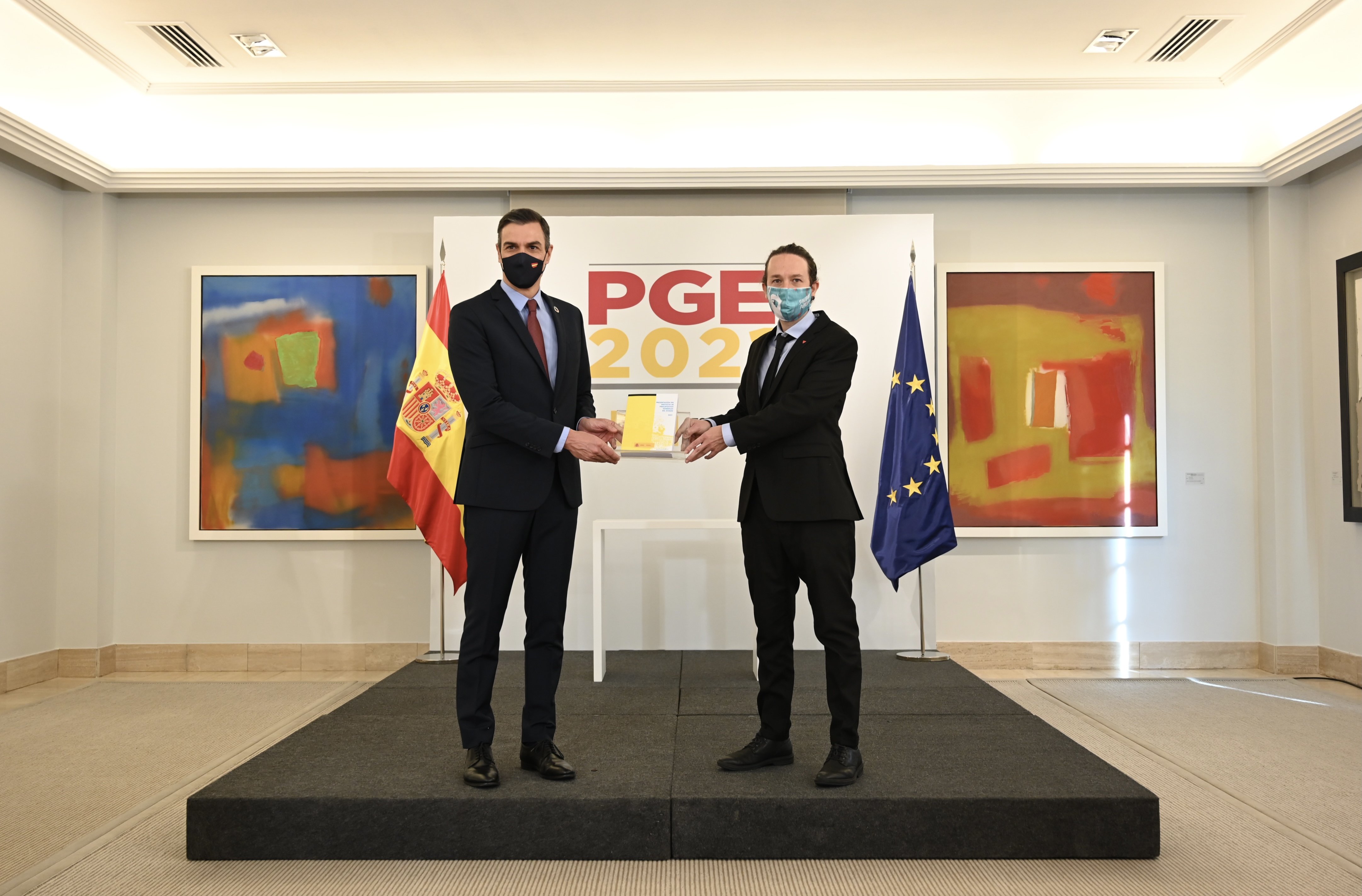The Spanish finance ministry has formally notified the Catalan government of the withdrawal of the special economic and financial supervision that the state has imposed on Catalonia since December 2015. The communication has taken place now, even though in theory most direct controls were lifted in 2018, at the end of the Mariano Rajoy government's imposition of direct rule over Catalonia via Article 155. However, the supervision of the Catalan accounts had been begun by Rajoy two years earlier, and this has remained in force under the Pedro Sánchez executive. In fact, it was only dismantled after Catalan politicians specifically negotiated for its removal.
A committee of Maria Jesús Montero's Treasury ministry reported the decision, which ends the requirement for certificates of expenditure to be issued and for additional information to be provided on the accounts of the Catalan government and its public sector.
For the Catalan government, this control had been "discriminatory and unjustified", as the executive has carried out "careful, effective and efficient management of public finances", in the words of the Catalan economy ministry. "Specific supervision of Catalonia cannot be explained by any technical or economic argument," said the Catalan executive.
What caused the controls to be lifted now?
The ending of the supervision is, in reality, part of the Catalan Republic Left (ERC) agreement with the Spanish government under which it voted in favour of the 2021Spanish budget.
The economic control was set in motion to prevent public spending on the 1st October referendum and the independence process. Despite the change of government in Madrid, the new PSOE-Podemos executive maintained the same policy.
The Mariano Rajoy government increased its control over the actions of the Carles Puigdemont administration in the lead-up to the 2017 referendum, and forced the Catalan authorities to provide weekly reports on its spending. Spanish government minister and spokesperson Inigo Mendez de Vigo at one point threatened to block Catalonia's access to credit, under the Regional Liquidity Fund, if it did not provide information on its weekly expenditure.
Ironically, it was because of this tight control that Spanish treasury minister Cristóbal Montoro was able to assert in parliament in 2018 that "not one euro of public money was spent on the Catalan independence referendum". In spite of this, the Supreme Court found five Catalan ministers guilty of misuse of public funds to pay for referendum expenses.
When Pedro Sánchez took over the Spanish prime ministership, the Catalan government believed that it would withdraw all repressive measures from the Popular Party era. However, the spending controls over Catalonia were somehow overlooked, until ERC's votes were required for the Spanish government to get its own spending plan approved.

